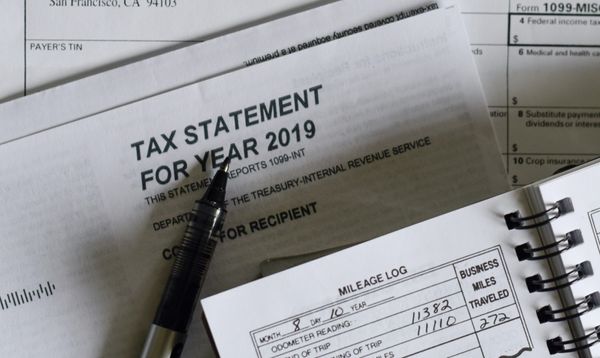Extended Tax Season in the US Spurs Additional Concerns for Identity Theft and Tax-Related Fraud

Fraudsters often stay ahead of the game, using every trick in the book to catch citizens off guard and steal millions of dollars in hard-earned money, and personal information each year.
Although scammers are a year-round threat, the extended tax season in the U.S. may particularly tempt criminals wanting a quick paycheck. Due to the Covid-19 crisis, the IRS extended the 2019 tax filing date until July 15, 2020, and the number of tax-related identity theft cases is expected to rise.
Scammers look forward to tax season, and love to file early. With plenty of personal identifiable information available from multiple data breaches, and phishing campaigns, criminals can easily use your exposed data to steal your tax refunds. Protecting your personal identifiable information is vital. However, it may be hard to keep track of all your vulnerable data and online exposure. Bitdefender”s Digital Identity Protection solution helps you find out what the digital world knows about you, so that you can immediately act and prevent potential damages.
The extent of tax scams is far-reaching, as crooks attempt to contact taxpayers by any means possible, including regular mail, email, phone, text messages, and even social media platforms:
• Phishing emails – fraudsters regularly send email messages to trick taxpayers into revealing personal and financial information. The email might appear legitimate due to the fraudulent use of the IRS name and logo, but the message will often contain a link asking you to fill out information related to refunds, filing status, personal information, and even to verify PIN information. The IRS will not contact you by email asking for this type of information, so be sure to immediately delete and report unsolicited email claiming to be from the IRS or its affiliates via [email protected].
• Vishing (phone scams) – scammers may call in an attempt to convince you that they are a legitimate IRS employee. Many of these criminals are highly skilled social engineers who have gathered plenty of information before phoning in. They often spoof caller ID information and can even use fake or real IRS badge numbers. During the conversation, they try to persuade you to pay immediately through a gift card or wire transfer to receive your IRS refund faster. The crooks might even start threatening you, claiming you will be arrested or have your business or driver”s license suspended.
• Text messages – similar to phishing emails, victims may receive a text message, urging recipients to access a link, filling out personal information. The text is a common ruse that often leads taxpayers to bogus websites that install malware on the device, further compromising the user”s information.
Remember that the IRS will not contact you by email, text message or other online platforms to request for your personal identifiable information or payment. The agency does not bully citizens into paying for expedited tax refunds. IRS officials will not call you to demand immediate payment using specific payment methods, or threaten to bring local police and immigration officers to your doorstep. If you encounter any suspicious activity or if you are contacted by individuals impersonating the IRS, don”t hesitate to report phishing and online scams.
tags
Author
Alina is a history buff passionate about cybersecurity and anything sci-fi, advocating Bitdefender technologies and solutions. She spends most of her time between her two feline friends and traveling.
View all postsRight now Top posts
Your Device ‘Fingerprint’ Will Go to Advertisers Starting February 2025
December 24, 2024
Beware of Scam Emails Seeking Donations for UNICEF or Other Humanitarian Groups
December 19, 2024
Torrents with Pirated TV Shows Used to Push Lumma Stealer Malware
November 14, 2024
FOLLOW US ON SOCIAL MEDIA
You might also like
Bookmarks








